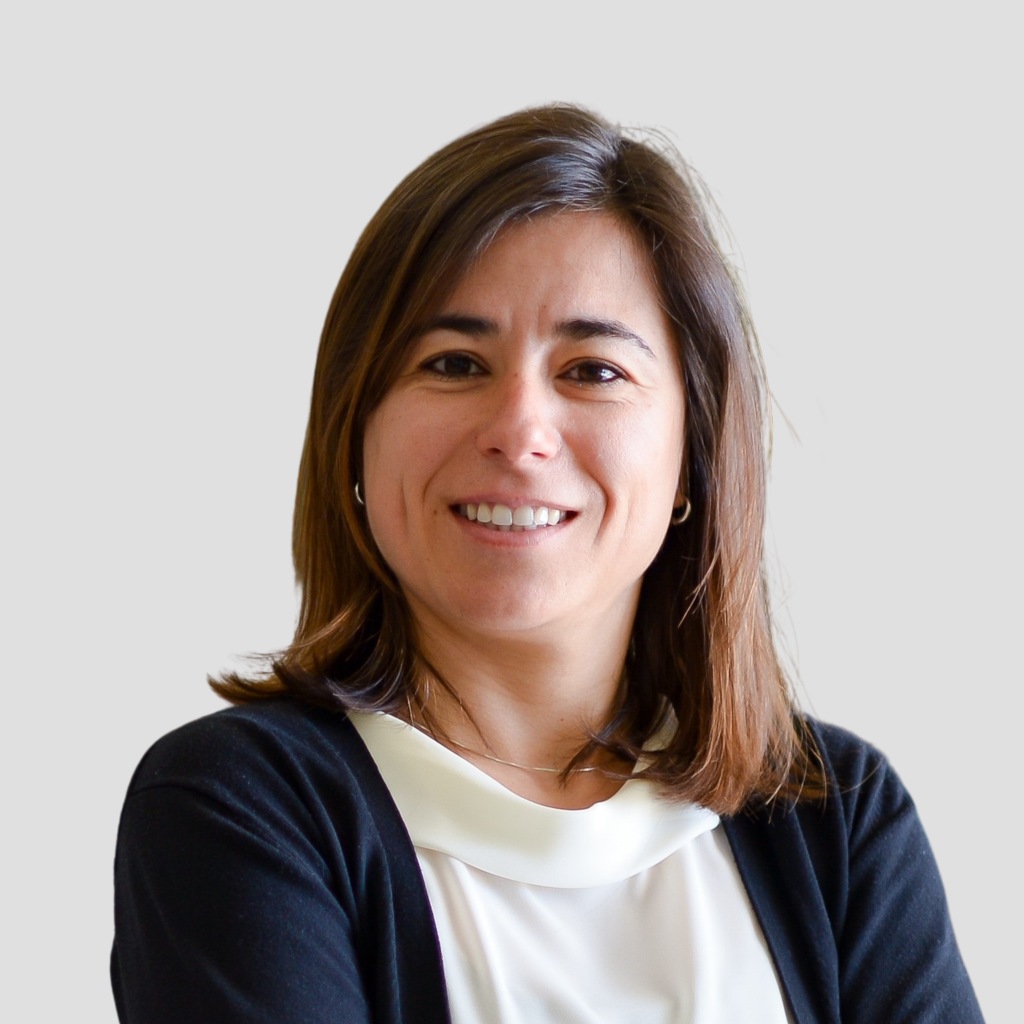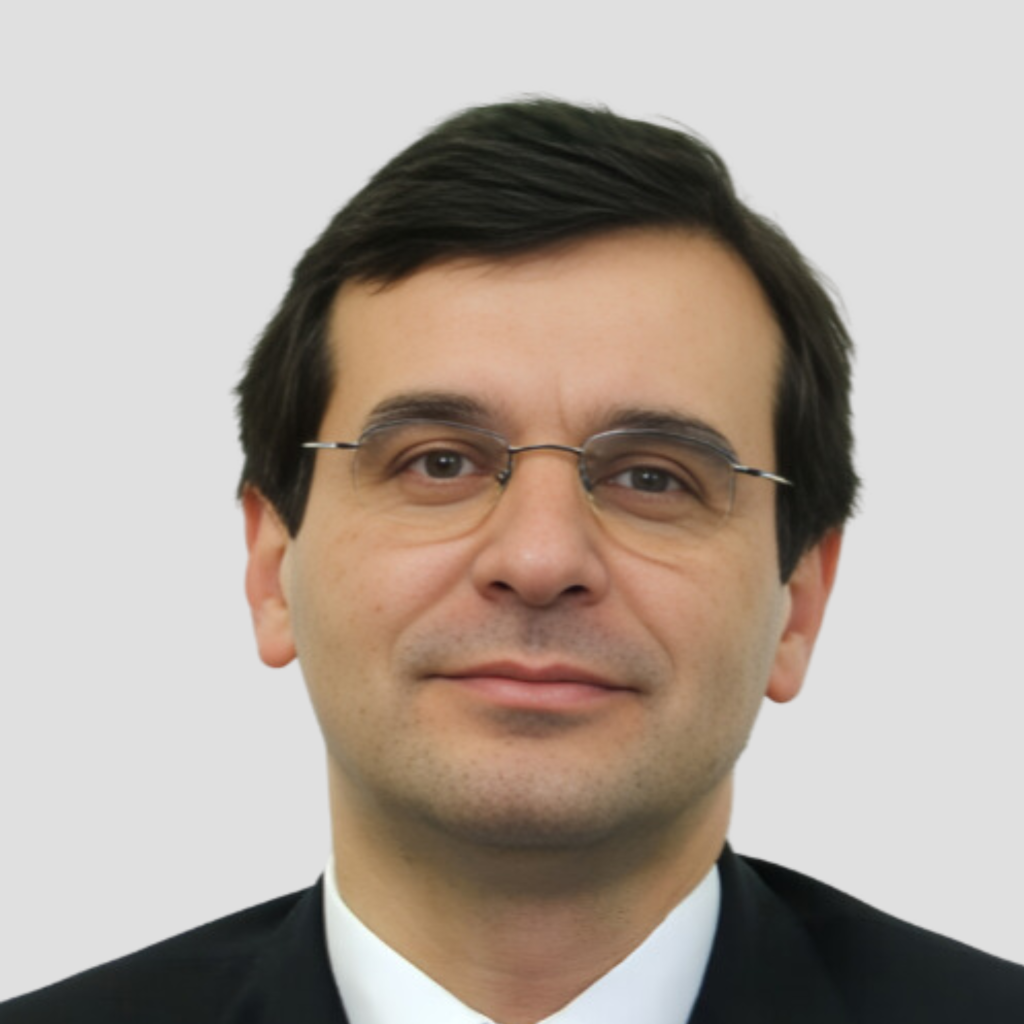
PARTNERSHIPS
Fundação Calouste Gulbenkian, Alto Comissariado para as Migrações, Câmara Municipal de Lisboa, Novartis, Fundação Luso-Americana para o Desenvolvimento, Aga Khan Development Network, Swinburne University of Technology, Boston University

Health literacy is a crucial resource for the prevention and reduction of risks associated with various non-communicable diseases (NCDs) and for optimizing access to and engagement in healthcare. While the vast majority of the population generally enjoys good health, some migrant populations, who are at a greater social disadvantage, face increased risks for NCDs due to unfavorable living and socioeconomic conditions. These conditions make it difficult to adopt healthy behaviors and lifestyles, as well as create barriers to accessing healthcare services.
This project aims to make an innovative contribution to the prevention of NCDs in migrant populations through the optimization of health literacy and access (Ophelia), health promotion, and social cohesion. With a participatory, community-based approach, the project is carried out in three major phases: 1) characterization of the health literacy level of migrant populations, needs assessment, and identification of risk and protective factors for NCDs, as well as barriers to prevention; 2) co-designing culturally adapted interventions with communities and stakeholders; and 3) implementation and evaluation of these interventions.
This project, supported by the World Health Organization, seeks to contribute to the improvement of health literacy, the promotion of empowerment, and the adoption of health-promoting behaviors in migrant communities, as well as to strengthening the response capacity of organizations and developing policies and actions aimed at reducing social inequalities and achieving health gains in society at large.


